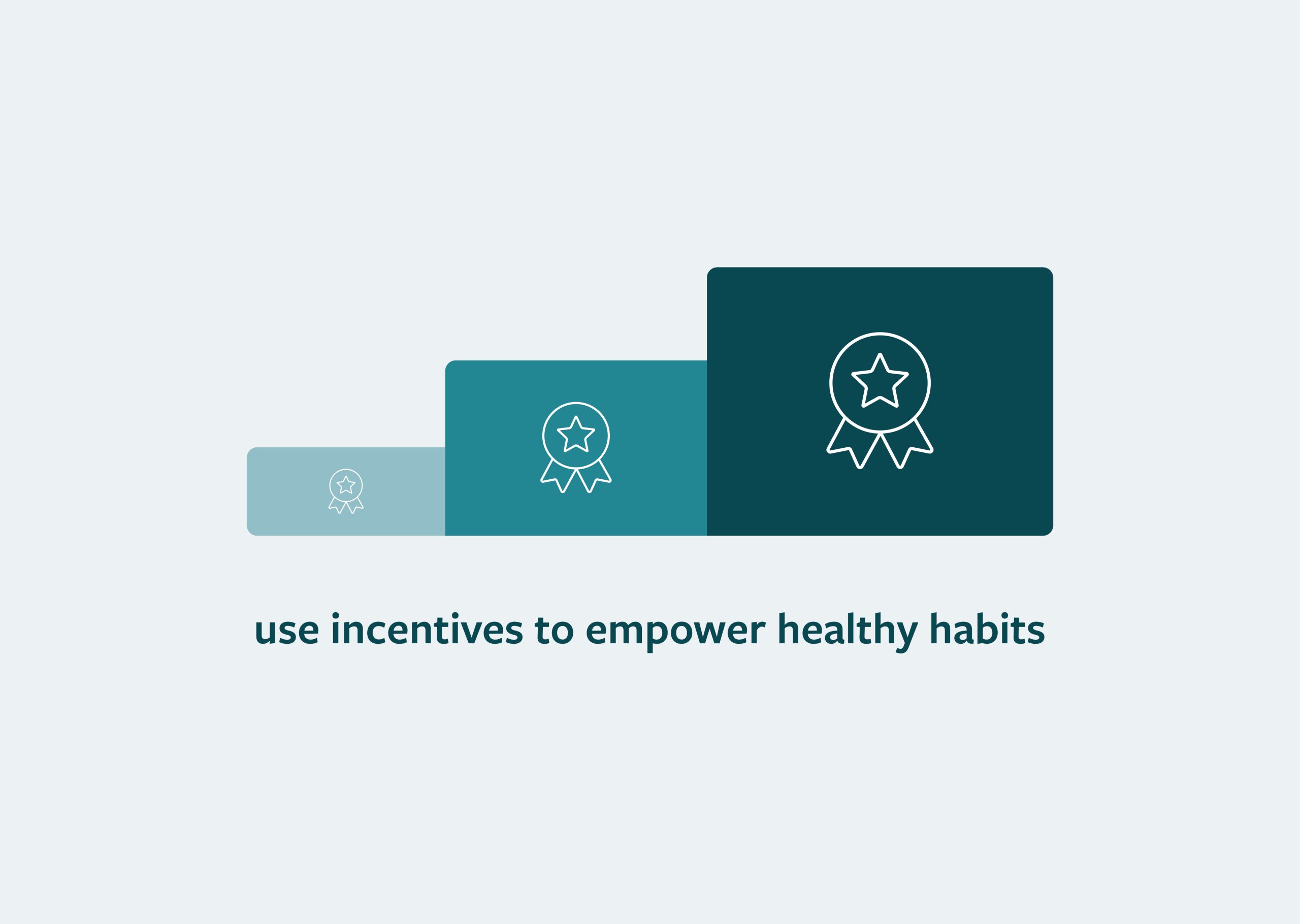
Intrinsic and Extrinsic Motivators: Empowering Healthy Habits in the Face of Chronic Conditions
Dealing with chronic conditions requires long-term commitment and lifestyle changes. Incentives play a crucial role in motivating individuals to adopt and sustain healthy habits. Whether they are extrinsic or intrinsic, incentives can provide the necessary push to take specific actions towards managing chronic conditions. In this article, we will explore the significance of incentives and how they can be leveraged effectively to promote healthy habit formation in the context of chronic conditions.
Understanding Incentives:
An incentive is a motivating factor that encourages a person to take a particular action. Positive incentives, such as praise or rewards, can be highly motivating, while negative incentives, like admonishment or fines, generally lead to decreased motivation. Incentives can be either extrinsic, based on external rewards or benefits, or intrinsic, stemming from internal wishes or beliefs.
The Role of Incentives in Healthy Habit Formation:
Extrinsic Incentives:
Extrinsic incentives can be powerful tools for encouraging individuals to engage in healthy behaviors related to chronic conditions. These incentives might include financial rewards, recognition, or tangible benefits like discounts on healthcare services or products. For example, a health insurance provider might offer reduced premiums or additional coverage for individuals who consistently track their blood glucose levels or engage in regular physical activity.
Intrinsic Incentives:
Intrinsic incentives are rooted in internal motivations and beliefs. They tap into an individual’s personal values, goals, and sense of well-being. For individuals managing chronic conditions, intrinsic incentives could involve the desire for improved quality of life, independence, or the satisfaction of taking control of their health. Setting personal goals, tracking progress, and celebrating milestones can serve as powerful intrinsic incentives.
Strategies for Utilizing Incentives in Habit Formation:
Goal Setting and Tracking:
Establishing clear, achievable goals is essential for habit formation. By breaking down larger goals into smaller, manageable steps, individuals can track their progress and experience a sense of accomplishment. Regularly reviewing and adjusting goals based on progress can maintain motivation and provide ongoing incentives.
Social Support and Accountability:
Incorporating social support systems, such as joining support groups or involving friends and family, can offer intrinsic incentives. Encouragement, shared experiences, and accountability can be powerful motivators in maintaining healthy habits and managing chronic conditions.
Gamification and Rewards:
Applying gamification techniques can turn habit formation into an engaging and rewarding experience. Creating challenges, earning points, and unlocking rewards can make the process more enjoyable and increase motivation. Rewards can be both extrinsic, like small incentives or treats, and intrinsic, such as personal satisfaction or a sense of accomplishment.
Education and Knowledge:
Providing individuals with the necessary information and knowledge about their condition and the benefits of healthy habits can serve as an intrinsic incentive. Understanding the long-term positive impact on their well-being and quality of life can motivate individuals to adopt and maintain healthy habits.
Incentives, whether extrinsic or intrinsic, play a vital role in building healthy habits when dealing with chronic conditions. By understanding individuals’ motivations and leveraging the power of incentives, healthcare providers, support systems, and individuals themselves can promote positive behavior change. Incorporating goal setting, social support, gamification, and education can foster long-term commitment and ultimately lead to improved management of chronic conditions and a better quality of life.



FEEL FREE TO DROP US A LINE.